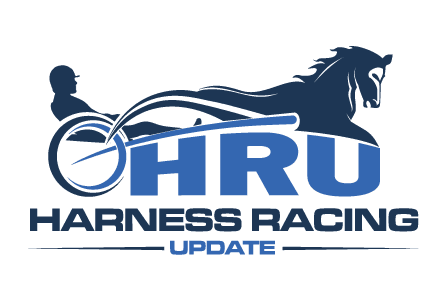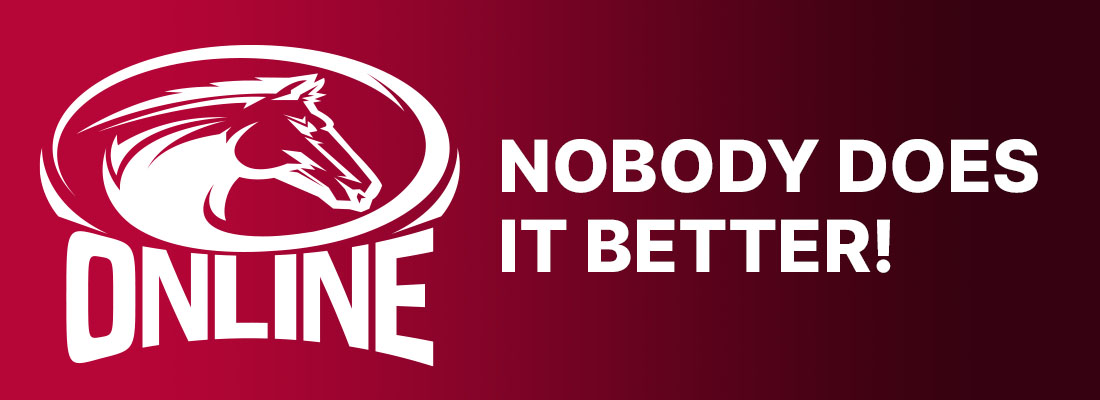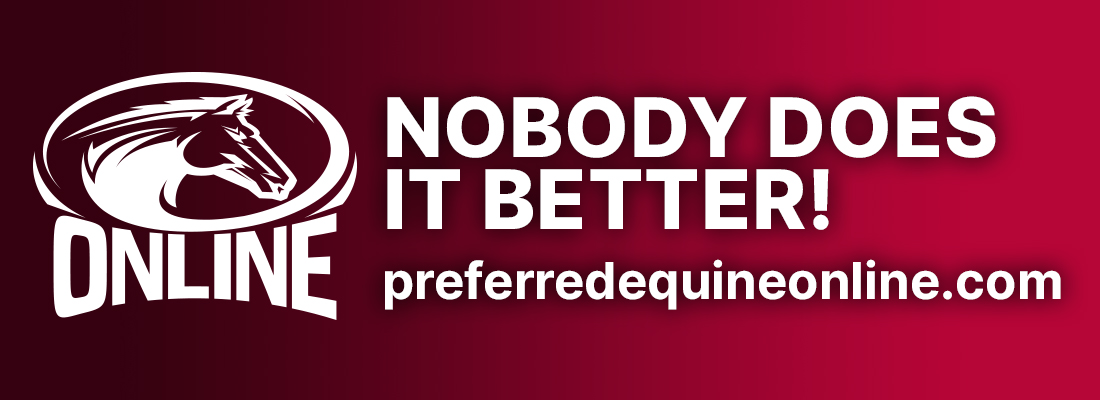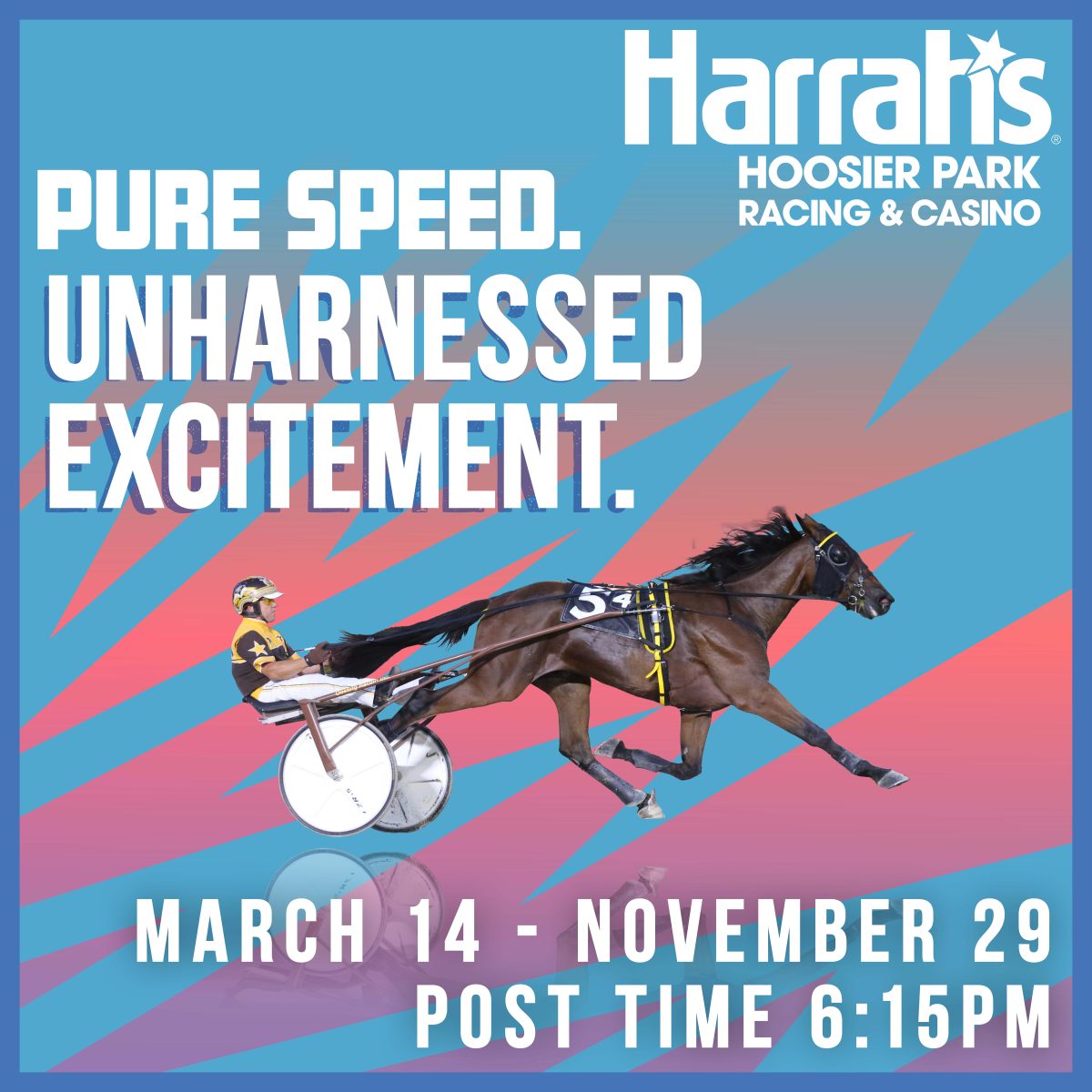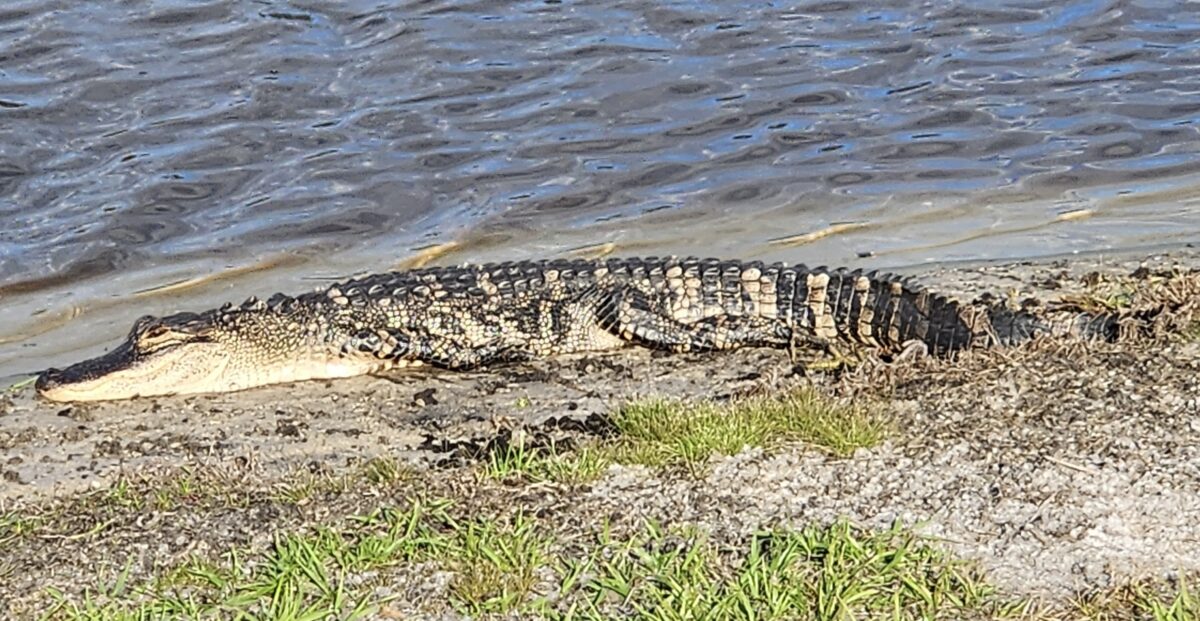A Freehold Christmas with my alligator friend
by David Mattia
Mosey is the name I’ve given to the alligator who lives in the preserve behind my new house. He’s still small, but his presence commands respect, a reminder of the power lurking beneath his calm, deliberate movements.
Sometimes I think that Mosey wants to eat me, but for the time being, I suspect he has his yellow-eyed crosshairs trained on my neighbor’s white poodle. Come to think of it, didn’t my neighbor used to have two white poodles?
Anyway, Mosey glides through his world with quiet certainty, unburdened by the complexities of human existence. But his life is shaped by forces beyond his control, just as mine has been. In Mosey’s steady gaze and patient demeanor, I see a reflection of my own journey — one marked by adapting, enduring, and finding meaning in the spaces between survival and growth.
When I moved into this house, Mosey was one of the first to welcome me —though not with the kind of warmth you might expect. He appeared one evening at the edge of the pond, watching me through the glass as though sizing me up. Over time, we’ve formed an unspoken bond. He stays on his side of the preserve, and I stay on mine. There’s something oddly comforting about his presence, even though I know his days here are numbered. Once he grows too large, the alligator wranglers will come to relocate him, and this pond — his sanctuary — will no longer be his. He’ll be thrust into a new world, much like I was when I stepped into Freehold Raceway for the first time after spending a greater part of my youth working with horses on a private farm.
It was Dec. 24, 1985, and I was just a kid, arriving at the backstretch of Freehold Raceway with equal parts excitement and fear. I remember the cold bite of that winter morning and the intimidating buzz of activity around me. Everyone seemed to know their place, their purpose. I felt like an intruder, much like Mosey might feel if he ever ventured beyond the safety of his preserve. Yet, slowly but surely, Freehold became my home, a place where I found my footing and forged connections that would shape the course of my life.
The people at Freehold were as much a part of its ecosystem as the horses and the track itself.
Joyce, the guard at the shack who checked your license, was one of the first to leave an impression. With her sharp eyes and Trixie Norton-like hair, she was the gatekeeper, ensuring only those who belonged could pass. At first, she seemed stern, almost unapproachable, but over time, I came to see her softer side. Joyce reminded me of Mosey in a way — watchful, protective, and steadfast in her role. She was the kind of person who might have wrestled Mosey herself if he dared to cross her threshold without the proper credentials. Does anyone remember Joyce?
Then there was Debbie Huebsch, whose family was part of Freehold’s foundation. Her father, Ken, was the epitome of old-school charm, a handsome man whose presence demanded respect without ever raising his voice. He reminded me of an actor from another era, Buster Crabbe, the guy who played Flash Gordon in the 1930s film serials which were then airing on Saturday morning kids TV. Though, by then, Buster was doing infomercials for senior citizen products. Ken had that same timeless quality, the kind of quiet strength that could anchor a room — or a racetrack.
Debbie’s son, Bobby Cotton, was the opposite of his grandfather. Where Ken was steady and composed, Bobby was a whirlwind of energy and mischief. At just 8 or 9 years old, Bobby, a real-life Dennis the Menace, was already a fixture at the track, darting around with the exuberance of someone who knew he belonged.
I became something of an unofficial babysitter for Bobby, and though he could test my patience, I couldn’t help but be charmed by him. Watching Bobby grow was like watching a sapling stretch toward the sky. Full of promise, Bobby was well on his way to becoming the harness racing driver his pedigree suggested he’d be. When he died in a car accident at just 22, it felt like the entire track went into mourning. Bobby’s life, though short, left a mark on everyone who knew him. His spirit lingers, a reminder of how fragile and fleeting our time can be.
Steve Oliwa, who was stabled in the very first barn, was another figure who stands out in my memory. In fact, if it weren’t for Steve, I would never have met Mike Russo who instantly became my best friend and remains my best friend to this very day. Sadly, Steve left us much too soon, but we all remember him, don’t we?
Let’s not exclude another guy I met on my very first day. His name was Mike Gale. Does anyone remember him?
He offered to care for my horse on Christmas Day when I was torn between my responsibilities at the track and my family’s expectations at home. It was an act of kindness that I’ll never forget. Gale was the kind of person who made Freehold feel less like a workplace and more like a community. He didn’t just help with the horses; his help offered me the time to organize my life.
His generosity was as steady as the rising and setting of the sun, and though he charged a fee for his services, he never pressed anyone for payment. His trust in people was a rare and beautiful thing.
And then there were the unsung heroes — Helga Lentine, the official who handed out the saddle pad numbers and ran the equipment room in the paddock, Mrs. Hundertpfund and her successor Peggy Seamon, and Sonny, the paddock judge. They weren’t in the public spotlight, but their roles were vital to keeping Freehold running smoothly.
Let’s try not to forget them. Odds are that at least once they kept many of us from making a mistake that could have been catastrophic.
Lentine’s meticulous attention to detail, Mrs. Hundertpfund’s casual exactitude, and Sonny’s relaxed-yet-efficient approach to moving along 100 horses in three hours, were all pieces of the puzzle that made Freehold what it was. Their work reminded me of the way Mosey navigates his pond, each movement purposeful and contributing to the greater whole.
The drivers, of course, were the stars of the show. Racing alongside legends like Cat Manzi and Herve Filion was both intimidating and inspiring. These were men whose names carried weight, whose skill and courage defined the very essence of the track. Yet, they were approachable to an extent, and they were willing to share their wisdom and stories with a newcomer like me. They reminded me that greatness doesn’t have to come at the expense of humility. Truth be told, they weren’t all that humble, but given the nature of their profession, they were humble enough.
Then there were the trainers. Most of their names are long forgotten, but not by the folks who once called Freehold home.
Remember Tom VanOstrand? He could train a horse and pick out a yearling as good or better than anyone in the history of the sport.
Or what about Jacqueline Ingrassia? Robert Colasanti? Joe Rizzo? We could go on all day.
Mosey, in his quiet way, embodies the spirit of all these people. His life is a testament to resilience, adaptability, and the connections that sustain us. Just as Mosey’s pond shaped him, Freehold shaped me, teaching me lessons about friendship, perseverance, and the beauty of finding your place in the world.
This Christmas, as I sit here watching Mosey glide through his pond, I think of all those who touched my life at Freehold. They were my sanctuary, my preserve, much like this pond is for Mosey. And like Mosey, I’ve come to understand that life is not just about survival — it’s about the moments and the people who make the journey worthwhile. It’s about the ripples we leave behind, long after we’ve moved on to other waters.
Merry Christmas.
